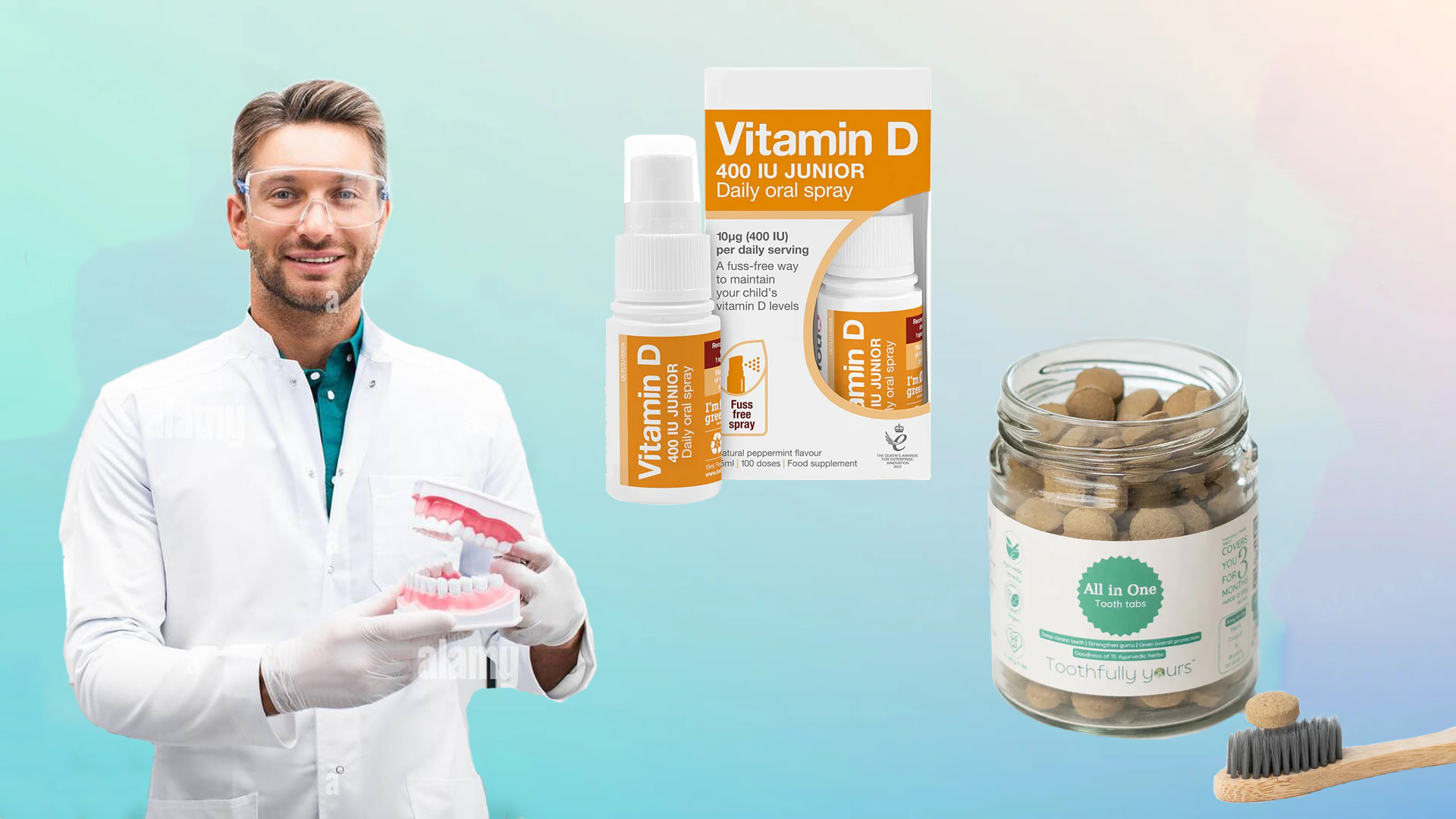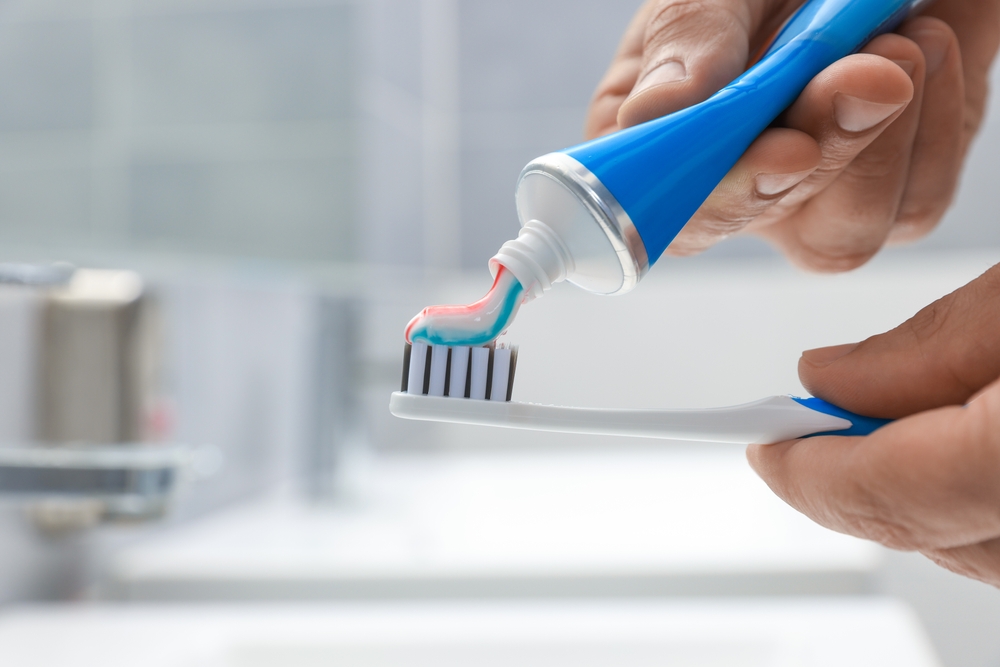Are Vitamin D Sprays Better Than Tablets? Expert Answers
Are Vitamin D Sprays Better Than Tablets?
Vitamin D is an essential nutrient for maintaining healthy bones, teeth, and immune system function. While most people get vitamin D through exposure to sunlight and certain foods, supplements are often necessary to meet daily requirements, especially for those with limited sun exposure or specific dietary restrictions.
In recent years, vitamin D sprays have gained popularity as an alternative to traditional tablets and capsules. But the question remains: Are vitamin D sprays better than tablets? This article delves into both options, comparing their effectiveness, ease of use, and potential advantages for different individuals.
1. Vitamin D Tablets: A Traditional Supplement
Vitamin D tablets are the most common form of vitamin D supplementation. Available in a variety of doses, these tablets are typically affordable, widely available, and easy to take.
Advantages of Vitamin D Tablets:
- Proven Effectiveness: Vitamin D tablets have been extensively studied, and their effectiveness in raising vitamin D levels in the blood has been well documented.
- Variety of Dosages: Tablets come in a wide range of dosages, allowing individuals to choose the most suitable option for their needs.
- Convenient for Routine: Tablets are a good option for individuals who prefer a simple, routine-based approach to supplementation.
Drawbacks of Vitamin D Tablets:
- Absorption Rate: Some people may experience lower absorption rates with tablets due to digestion. This means that the body might not absorb all of the vitamin D provided.
- Large Pills: Many people find tablets or capsules difficult to swallow, especially those with swallowing issues.
- Slow Onset: Tablets need to go through the digestive process before the vitamin D is absorbed into the bloodstream, which can take time.
2. Vitamin D Sprays: A Convenient and Fast-Acting Alternative
Vitamin D sprays are a more recent addition to the supplement market. These sprays deliver vitamin D directly to the mouth, where it can be absorbed through the mucous membranes, bypassing the digestive system.
Benefits of Vitamin D Sprays:
- Faster Absorption: Since vitamin D in spray form is absorbed through the mouth and directly into the bloodstream, it can be absorbed more quickly than tablets.
- Ease of Use: Sprays are easy to take, especially for individuals who have difficulty swallowing pills. A few sprays in the mouth are enough to provide the required dosage.
- Portable: Vitamin D sprays are compact and portable, making them ideal for on-the-go use.
- Taste: Many vitamin D sprays come in pleasant flavors, making them more palatable compared to large, unappealing tablets.
Potential Drawbacks of Vitamin D Sprays:
- Consistency of Dosage: It can be challenging to measure the exact dosage, particularly with sprays that don’t have precise measurements. Inconsistent spraying may lead to an inaccurate intake of vitamin D.
- Cost: Vitamin D sprays tend to be more expensive than tablets, which could make them less accessible for some individuals in the long run.
- Taste Preferences: While some people find the flavor of vitamin D sprays enjoyable, others may not like the taste, especially if they have a sensitivity to certain flavors or ingredients.
3. Which Form Is Best for You?
When choosing between vitamin D sprays and tablets, it ultimately depends on your personal preferences, health conditions, and lifestyle.
Consider Vitamin D Tablets If:
- You prefer a traditional form of supplementation.
- You have no trouble swallowing pills or tablets.
- You need a specific, high dosage of vitamin D, which may be easier to find in tablet form.
- You prefer a more affordable option.
Consider Vitamin D Sprays If:
- You have difficulty swallowing pills or capsules.
- You want faster absorption of vitamin D for quicker results.
- You travel frequently and need a portable option for supplementation.
- You dislike the taste of traditional vitamin D supplements or prefer flavored products.
4. How to Maximize Vitamin D Absorption
Regardless of whether you choose vitamin D sprays or tablets, there are a few strategies you can use to maximize absorption and get the most benefit from your supplement:
- Take with Fat: Vitamin D is a fat-soluble vitamin, meaning it is better absorbed when taken with a meal that contains fat. Consider taking your supplement alongside a meal that includes healthy fats, such as avocado or nuts.
- Avoid Excessive Alcohol Consumption: Excessive alcohol can hinder the body’s ability to absorb and process vitamin D, so it’s important to consume alcohol in moderation if you are supplementing with vitamin D.
- Consistency: Whether you’re using a spray or tablet, regular use is key to maintaining adequate vitamin D levels. Set a routine and stick to it for the best results.
5. FAQ – Frequently Asked Questions About Vitamin D Sprays and Tablets
1. Are vitamin D sprays as effective as tablets?
Yes, when used correctly, vitamin D sprays can be just as effective as tablets. The main difference lies in the absorption process. While tablets are absorbed through the digestive system, sprays are absorbed directly into the bloodstream through the mouth, which may lead to faster results for some individuals.
2. Can vitamin D sprays cause side effects?
Vitamin D sprays are generally safe when used as directed. However, overuse or excessive intake of vitamin D can lead to toxicity, causing symptoms such as nausea, vomiting, and kidney problems. Always follow the recommended dosage on the product label or consult with a healthcare provider.
3. How much vitamin D should I take daily?
The recommended daily allowance (RDA) for vitamin D varies depending on age, sex, and health status. For most adults, the RDA is between 600 and 800 IU per day, though some individuals may require more based on factors like age, lifestyle, and sun exposure. Consult with a healthcare professional for personalized recommendations.
4. Can I take vitamin D sprays and tablets together?
While it’s generally safe to take both forms of vitamin D if needed, it’s important to be cautious of your overall intake to avoid exceeding the safe upper limits of vitamin D. If you are unsure, it’s best to consult with a healthcare provider.
Try Lidercare Now!
We Help You Launch New Products, And Continue To Grow. Try Us With 20% Off Your First Order!
Conclusion
Both vitamin D sprays and tablets offer unique advantages, making each form suitable for different individuals. Tablets are a tried-and-true supplement that work well for most people, offering a consistent and affordable option. On the other hand, vitamin D sprays provide a faster, more convenient solution for those who struggle with tablets or need quicker absorption.
Choosing the best form of vitamin D supplementation depends on your lifestyle, health goals, and personal preferences. Either way, ensuring you get enough vitamin D is essential for maintaining overall health, so find the option that works best for you and stick with it consistently.
Table of Contents
Awesome! Share to:
Latest Blog Posts
Check out the latest industry trends and take inspiration from our updated blogs, giving you a fresh insight to help boost your business.



